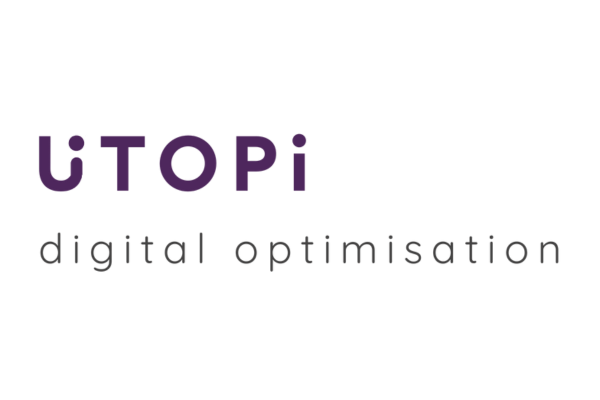There are many types of page rank scores, some were assumed to be outdated and no longer playing a role in rankings, however the documents have given clarity on the most important PageRank scores. The leaked Google documents list that Google uses seven types of PageRank which when pieced together offer a deeper understanding of how web pages are ranked. In particular, PageRank_NS (Nearest Seed) is the current, yet modified, version of the traditional PageRank algorithm. It is designed to focus on page understanding and clustering. This variant helps Google assess the relevance of pages within specific content clusters and is used for categorising low-quality pages or niche topics.
This process of clustering and identifying underperforming pages enables Google to assess each page and its relevance to your overall website's niche, this means PageRank_NS can either promote or demote pages based on the quality of the individual pages more accurately. For example if you have outdated or poorly performing articles on your website, PageRank_NS can help Google differentiate them from your high-quality content, potentially reducing their negative influence on your site’s rankings.
Among the other PageRank algorithms listed there was the most well-known ToolBarPageRank, which was once displayed publicly via the Google Toolbar until 2016. Many industry experts thought its removal meant it was no longer playing an active role in ranking scores, but the leak has proved this myth incorrect. It hasn't been removed from the table completely, it does still play a role in rankings, the only change is we just can't see the scoring anymore. The other types of PageRank, although not specified in the leak, include scoring systems for various internal metrics and algorithms that assess a page's value from multiple angles, such as content quality, user engagement, and topical relevance. The diversity of the PageRank systems demonstrates the sophistication of Google's ranking system and the importance of a comprehensive SEO strategy.
Building your Website Niche
As we mentioned briefly above, the document leak confirmed that topical authority is a crucial ranking factor, which is not a surprise for many SEOs but what we have now is additional context on how topical authority works. This leak revealed that metrics like siteFocusScore, siteRadius, siteEmbeddings, and pageEmbeddings are integral to these ranking decisions. The siteFocusScore measures how concentrated a website is on a particular topic, while the siteRadius assesses the deviation of individual page content from the site's overall topical identity. To put it simply Google establishes a topical identity for each website, and every page's relevance is measured against this identity. This reinforces the importance of maintaining a focused, authoritative presence within your niche.
How to Tell Google you are an Authority on a Topic
Building your website's topical authority is aided by building a persona for the author or publisher. The leak reveals author and publisher authority in SEO is actually of much-heightened importance than previously understood. The documents highlight that Google’s algorithms place significant weight on the credibility and expertise of content creators and publishers. This means that authoritative authors and reputable publishers are more likely to see their content rank higher in search results. For more insights on building robust author profiles and leveraging person entities, explore our blog on Google’s 2024 Knowledge Graph Update. By emphasising author and publisher authority, Google aims to enhance the reliability of search results, ensuring users access expert and credible information.
Top Three Things to Avoid Following the Google Document Leak
Following the Google document leak, the core takeaways can be whittled down into three critical factors to avoid moving forward in 2024 to maintain optimal SEO performance.
Navigation Optimisation
First, a poor navigational experience significantly demotes a website's rank score, we can't stress enough the need for intuitive and user-friendly site design. Along with navigation optimisation there are many elements of website design that not only effect ranking but also help streamline the user journey. Find out more about our conversion rate optimisation services for more details on how we can blend your SEO and CRO strategies together.
Anchor Text Synergy
Second, when the anchor text of a link does not align with the topic of the target page, it has been revealed the rank score is penalised. This actually isn't new information but it's quite often one of the simplest things which gets overlooked. We want to highlight the importance of checking the relevancy, context and appropriate text when deciding on anchor text.
User Click Behaviour
Third, click metrics are by no means the be all and end all of determining ranking performance, but if you can demonstrate to Google users find what they're looking for on you website, it goes a very long way in gaining Google's favour. Alternatively, user dissatisfaction, as determined through click metrics like high bounce rates and short visit durations, also leads to a demoted rank score. What can be done to help is to create a seamless user experience, relevant linking strategies, and content that effectively meets user expectations to achieve and maintain high search rankings.
Why not speak to our team and receive a free SEO consultation, we can discuss SEO opportunities specific to your website and your business goals. Drop us an email or give us a call on: 01794 830042 